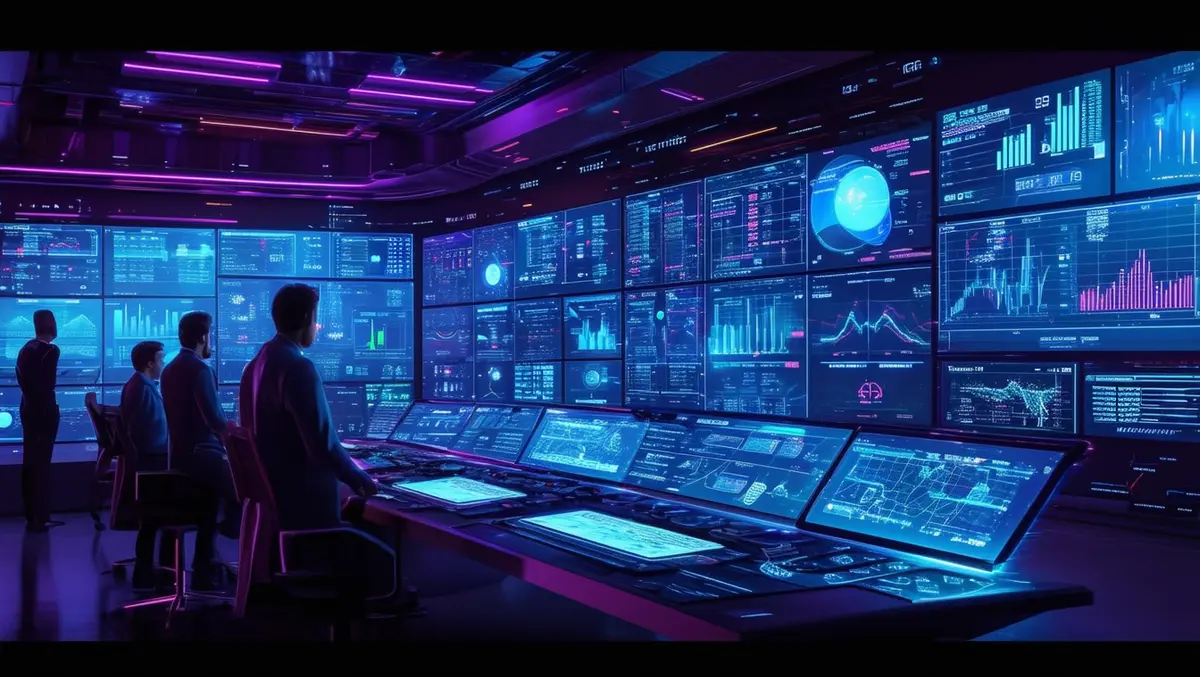
LogicMonitor highlights real-world success with AI-driven IT operations
LogicMonitor's recent webinar on 'Beyond AIOps' highlighted real-world examples and discussed the impact of artificial intelligence (AI) in IT operations.
The company's General Manager of AI, Karthik SK, facilitated the session, which featured insights from Syngenta's Global Head of IT Network, Kris Manning, and Forrester's Principal Analyst, Carlos Casanova.
Casanova kicked off the webinar by explaining the evolution from reactive monitoring all the way to proactive AIOps.
"When you think about monitoring, it is very reactive," he explained. "It tells you what has already happened. Observability goes a step further—actively engaging with the system state. AIOps integrates all that data and lets us get proactive, identifying patterns and predicting outcomes before they happen."
Casanova emphasised the transformative potential of AIOps, especially in handling growing telemetry volumes.
"We can no longer afford to manage terabytes and petabytes of data manually," he explained. "Our systems need to adapt dynamically, and this is where platforms like LogicMonitor come in, bringing observability and automation together."
During the fireside chat, Manning shared Syngenta's journey with LogicMonitor.
Manning described his team's challenges, particularly the complexity of managing networks across "diverse and often remote agricultural sites."
"Our sites are scattered across regions where infrastructure isn't always reliable. The network is the road everything runs on—you can't do anything without it," he said.
Manning also reflected on Syngenta's shift from open-source monitoring tools to LogicMonitor's platform.
"When I joined in November 2021, our monitoring relied on open-source products, which required significant effort to maintain. We needed something more effective. LogicMonitor offered a configurable solution, and when we added Edwin AI, we were amazed. Within hours, we saw a significant reduction in tickets," he said.
The use of AI tools, Manning elaborated, freed engineers from repetitive tasks and allowed them to focus on higher-value activities. "Edwin AI not only reduced the volume of tickets but also enhanced the data quality within those tickets, making it easier for our team to address issues effectively. Engineers now spend less time managing tickets and more time fixing real problems."
Casanova weighed in on the importance of AI in maintaining operational efficiency. "You don't have a choice anymore. Telemetry data is increasing by 200-300%. If companies don't embrace automation, their ability to respond will diminish, leading to lost business opportunities," he warned.
The discussion also delved into how AI can reshape job roles.
Manning noted that his engineers initially had concerns about AI replacing jobs, but those fears dissipated as they experienced the benefits.
"AI allows them to do their jobs better and more meaningfully. They're not bogged down by routine tasks; instead, they can focus on solving problems and making a tangible impact," he said.
Casanova highlighted AI's ability to reduce operational friction. "When platforms like Edwin AI aggregate data and present actionable insights, engineers can make decisions quickly, without digging through vast datasets. It's about using automation to let people apply their expertise where it matters most," he added.
Both panellists underscored the importance of ROI in AI projects. Casanova shared examples from other organisations, noting, "One financial services firm cut manual triage work by 90%. Another company saw a 65% reduction in ticket times. The value is undeniable, both in terms of productivity and employee satisfaction."
Manning reflected on the long-term vision for AI at Syngenta, during the webinar.
"Our goal is to have AI handle Level 1 work, freeing up engineers to advance into higher-level roles. We want AI to serve as a digital mentor, enabling smoother transitions and better succession planning."
Casanova concluded the discussion with a glimpse into the future, envisioning AI as a personal assistant for IT professionals.
"Imagine an AI that understands your work patterns and helps onboard new employees. That's where we're heading—creating digital mentors to enhance human potential," he said.
"AI has made a meaningful difference for us, both in business operations and in improving our team's work-life balance," Manning added.


